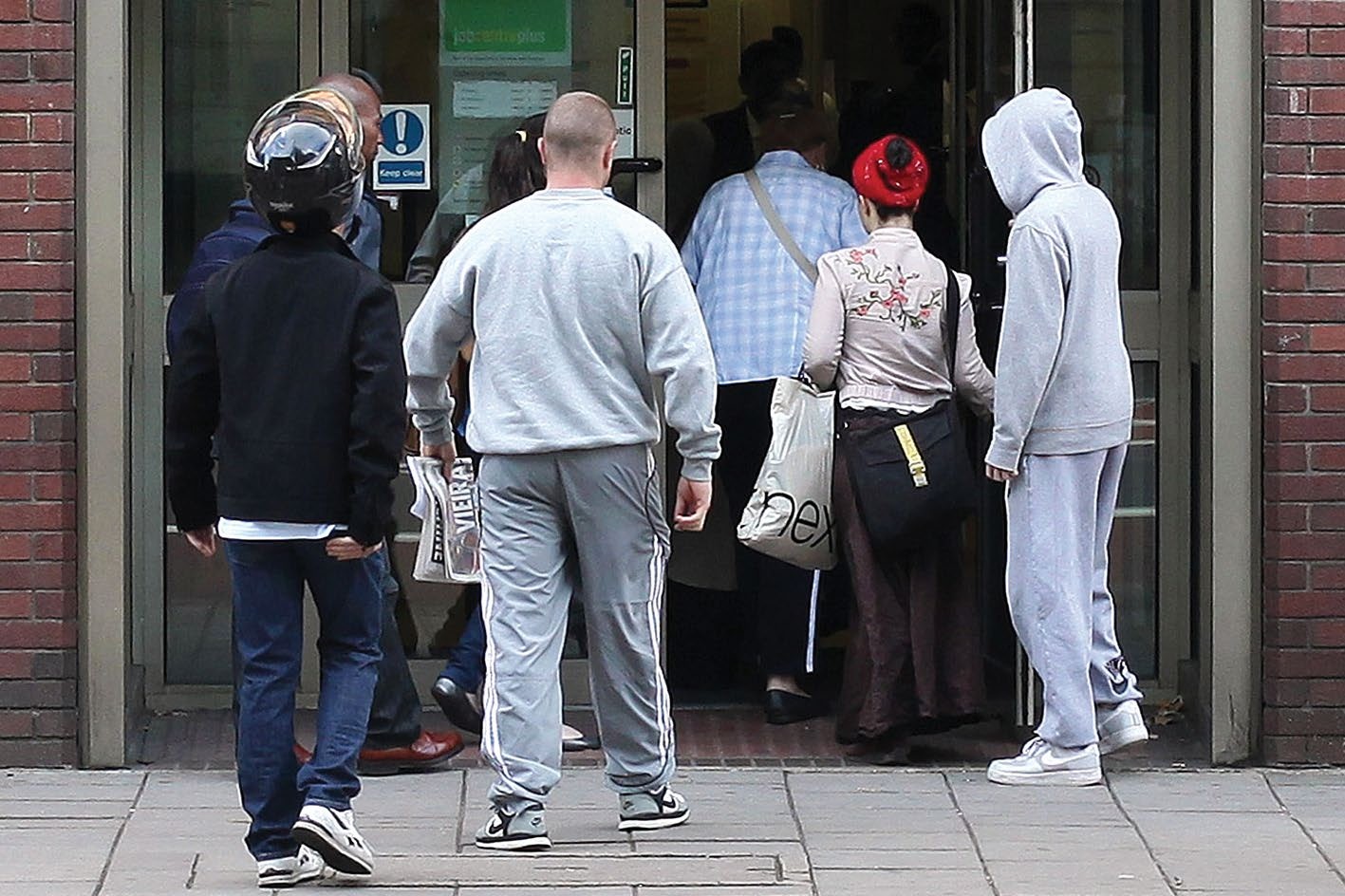Are we losing the moral high ground on Covid?
Not only must we never see more than five other people at the same time, we must report those who do to the police, says Merryn Somerset Webb.


Get the latest financial news, insights and expert analysis from our award-winning MoneyWeek team, to help you understand what really matters when it comes to your finances.
You are now subscribed
Your newsletter sign-up was successful
Want to add more newsletters?
At the very start of the pandemic, on a plane from somewhere to somewhere, I pulled a furious article out of the China Daily. The author was maddened by criticism of Chinese handling of Covid. The New York Times had accused it of “Mao Style Socialist Control”; Foreign Policy had gone for plain old “Incompetent”; and China Uncensored for “Authoritarian Crackdown”. But as far as the paper was concerned, the criticism was all about the West running a xenophobic anti-China campaign “because they really want you to hate.”
I kept it, then, as a reminder of just how Chinese and US relations were breaking down. But now it is also a trying reminder of how much less of the moral high ground the West is hanging on to than it was even in March. We aren’t exactly welding people into apartment buildings here. But there’s a nasty precedent in being told that not only must we never see more than five other people at the same time, we must report those who do to the police. So are we doing things the right way?
Time will tell of course. But part of the answer could come from James Ferguson’s analysis of the testing data in this week's issue. The other part might be about the damage caused by lockdowns: as James notes on our podcast this week, maybe we should stop talking about how Covid is wrecking lives and economies and start talking about how the response to Covid is wrecking lives and economies – turn to the best of this week's columnists page for the nightmare effects of lockdown on much of Africa.
Try 6 free issues of MoneyWeek today
Get unparalleled financial insight, analysis and expert opinion you can profit from.

Sign up to Money Morning
Don't miss the latest investment and personal finances news, market analysis, plus money-saving tips with our free twice-daily newsletter
Don't miss the latest investment and personal finances news, market analysis, plus money-saving tips with our free twice-daily newsletter
The idea that we are perhaps worrying a little too much about Covid is seconded by the latest Bank of America Global Fund Manager Survey. A second wave remains the biggest worry for managers. But it is being fast caught up by concerns about global trade wars (very valid – see above!), the US election and the rising odds of a “systemic credit event”.
There are also two new entrants to the worry list this month – inflation and a new tech bubble, both things I suspect MoneyWeek readers have (quite rightly) had on their worry list for some months now. We still worry about tech valuations but we don’t think the market as a whole is in bubble territory: the median price/earnings ratio of the S&P 500 is 17.5. Not cheap – but not a bubble either.
Elsewhere there are opportunities aplenty (but avoid pigeons – see this week's "Great frauds in history"). China is booming (for more, turn to the markets pages). And even after the extraordinary recovery since March, the shock of the pandemic has left some pockets of value. This week, we also look at how to invest in the end of oil – there will be a wave of money pouring into anything remotely green post-pandemic.
Want to feel good and make money at the same time? Here’s your chance. If the former is less important to you than the latter, look to the end of that story: we are only at the beginning of the end of oil so perhaps you should not entirely neglect the old industry players.
Finally for the genuinely contrarian, Matthew explains why to start buying Carnival on this week's Trading page. Cruise ships are pretty filthy (they mostly burn heavy fuel oil) and about as Covid-unfriendly a business as any. But, says Matthew, Carnival’s finances are pretty shipshape – and people will cruise again. They may even go back to their offices again – quite soon. Particularly if James turns out to be right, and normalisation is nearer than we think.
Get the latest financial news, insights and expert analysis from our award-winning MoneyWeek team, to help you understand what really matters when it comes to your finances.

-
 Pensioners ‘running down larger pots’ to avoid inheritance tax as rule change looms
Pensioners ‘running down larger pots’ to avoid inheritance tax as rule change loomsChanges to inheritance tax (IHT) rules for unused pension pots from April 2027 could trigger an ‘exodus of large defined contribution pension pots’, as retirees spend their savings rather than leave their loved ones with an IHT bill.
-
 Why do experts think emerging markets will outperform?
Why do experts think emerging markets will outperform?Emerging markets were one of the top-performing themes of 2025, but they could have further to run as global investors diversify
-
 UK small-cap stocks ‘are ready to run’
UK small-cap stocks ‘are ready to run’Opinion UK small-cap stocks could be set for a multi-year bull market, with recent strong performance outstripping the large-cap indices
-
 The scourge of youth unemployment in Britain
The scourge of youth unemployment in BritainYouth unemployment in Britain is the worst it’s been for more than a decade. Something dramatic seems to have changed in the labour markets. What is it?
-
 In defence of GDP, the much-maligned measure of growth
In defence of GDP, the much-maligned measure of growthGDP doesn’t measure what we should care about, say critics. Is that true?
-
 Reach for the stars to boost Britain's space industry
Reach for the stars to boost Britain's space industryopinion We can’t afford to neglect Britain's space industry. Unfortunately, the government is taking completely the wrong approach, says Matthew Lynn
-
 "Botched" Brexit: should Britain rejoin the EU?
"Botched" Brexit: should Britain rejoin the EU?Brexit did not go perfectly nor disastrously. It’s not worth continuing the fight over the issue, says Julian Jessop
-
 'AI is the real deal – it will change our world in more ways than we can imagine'
'AI is the real deal – it will change our world in more ways than we can imagine'Interview Rob Arnott of Research Affiliates talks to Andrew Van Sickle about the AI bubble, the impact of tariffs on inflation and the outlook for gold and China
-
 Tony Blair's terrible legacy sees Britain still suffering
Tony Blair's terrible legacy sees Britain still sufferingOpinion Max King highlights ten ways in which Tony Blair's government sowed the seeds of Britain’s subsequent poor performance and many of its current problems
-
 How a dovish Federal Reserve could affect you
How a dovish Federal Reserve could affect youTrump’s pick for the US Federal Reserve is not so much of a yes-man as his rival, but interest rates will still come down quickly, says Cris Sholto Heaton